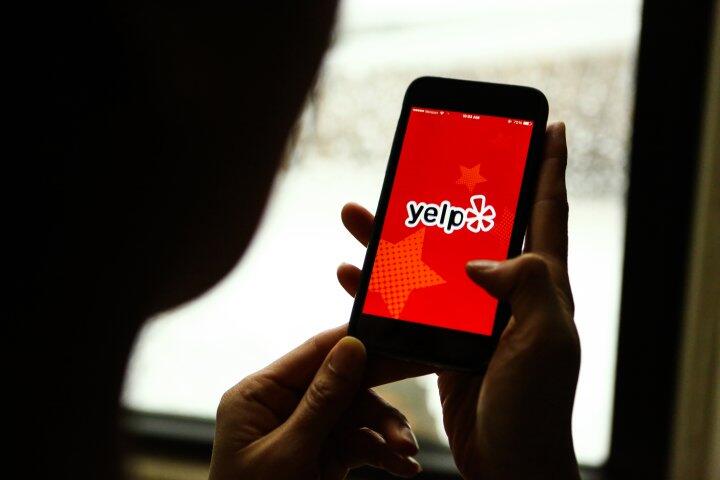Aggregating social media reviews—the wisdom of crowds—has turned into a powerful new tool for consumers, helping them to find trusted services quickly and efficiently. It’s also allowed new businesses to rapidly reach their intended market and tweak their services based on consumers’ real-time feedback.
Industries like health care, however, remain stubbornly opaque and resistant to dedicated consumer feedback. Yet in a new Manhattan Institute study of New York State hospital ratings on Yelp, which boasts some 140 million unique monthly users, Yelp reviews were correlated with better medical care.
No matter how the federal health care debate turns out, developing more reliable health care guides for consumers has the potential improve care quality, saving lives and eliminating billions of dollars in needless costs.
According to the Health Care Cost Institute, about 43% of all spending by individuals with employer-sponsored insurance in 2011 was shoppable, meaning that it was spent on medical services whose prices could be significantly lowered without compromising quality. New tools like reference pricing—setting a baseline fee that low-cost, high-quality providers might accept—or tiering arrangements—offering lower copays for free-standing MRIs compared to hospital-affiliated services—could potentially help with this.
The question then becomes: How and where can consumers find accessible, reliable information about hospital quality that can guide them when they need care? And how can we help these tools gain traction?
The government publishes gigabytes of high-quality health care data, but much of it is complex, hard for consumers to understand, and potentially irrelevant to what consumers want to know when they access care. In addition, government surveys of hospital patients are certainly not as widely used as social media platforms.
That’s where technology comes in. Online services like ZocDoc, Healthgrades, and Yelp are democratizing health care information, making it easier for consumers to find and understand information about physicians and hospitals. Yelp has even partnered with ProPublica to publish average wait times, readmission rates, and quality of communication scores for more than 25,000 hospitals, nursing homes, and dialysis clinics.
Yelp provided us with an opportunity to test whether social media reviews correlate with objective health care measures. We examined whether trusted Yelp reviews (screened to weed out fraudulent reviews) correlated with health care quality metrics for New York hospitals, including preventable hospital readmissions and mortality after hospital treatment for certain conditions (such as heart attacks) or procedures (such as stomach surgeries). “Preventable” means that the hospital, through better coordination with the patient or the patient’s other doctors, could’ve prevented a potentially dangerous and expensive complication that sent the patient back into medical care. Experts believe that many readmissions are preventable.
In a nutshell, we found that the reviews provided a simple and clear tool for directing patients toward higher-quality hospitals. Yelp ratings proved to be significantly reliable sources for evaluating the differences across performance for potentially preventable hospital readmissions.
But we also found that a lot of other important information is found elsewhere, particularly in data on hospitals’ treated populations. Controlling for the share of a hospital’s admissions of low-income patients (with Medicaid insurance) or its share of surgical admissions all added more information than Yelp ratings alone. When these sources of information are combined, we can achieve an even deeper explanation of the differences in hospital performance for readmissions.
Giving a clear and concise summary of medical provider performance, as Yelp reviews do, is valuable. But for researchers or consumers seeking more nuanced health data, putting other objective measures on hospitals’ Yelp landing pages would provide even more context about hospital performance.
Policymakers should look for ways to feature Yelp reviews where consumers are likely to make important decisions, including on private or public health insurance exchanges. This could help inform patients about the quality of insurers in relation to their premiums.
Providers and regulators can also use social media data to monitor performance in real time, using natural language processing and machine learning to scan consumers’ text reviews for keywords of interest related to patient safety. Words like “falls” or “unresponsive staff” might not show up in government surveys for months or even years.
Health care consumerism is still in its infancy. Tools like Yelp will undoubtedly get better as they become more widely used, and consumers become savvier at parsing the information they contain. Hopefully they will bring some much-needed disruption to an industry that too often treats the patient experience as an afterthought.
Source: http://for.tn/2pV2O6v











